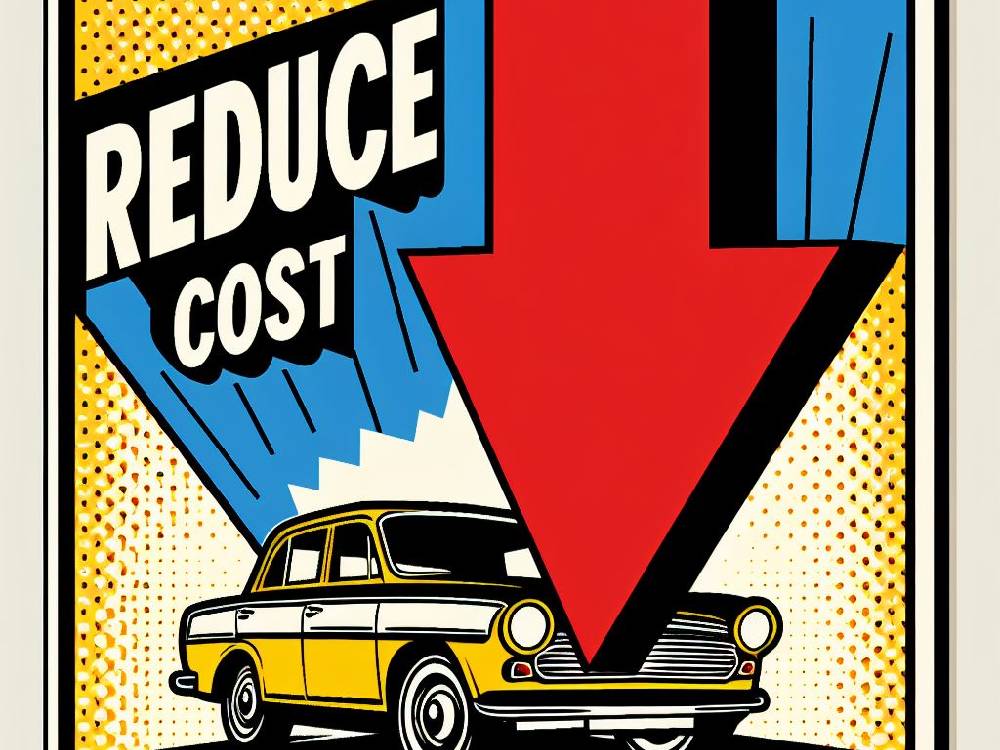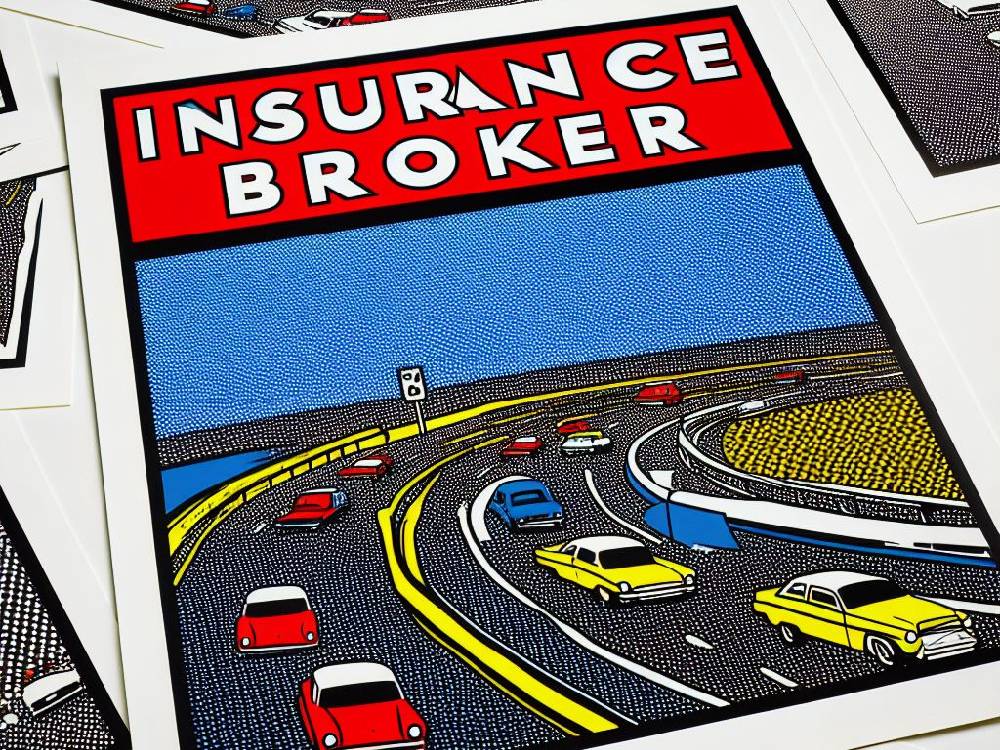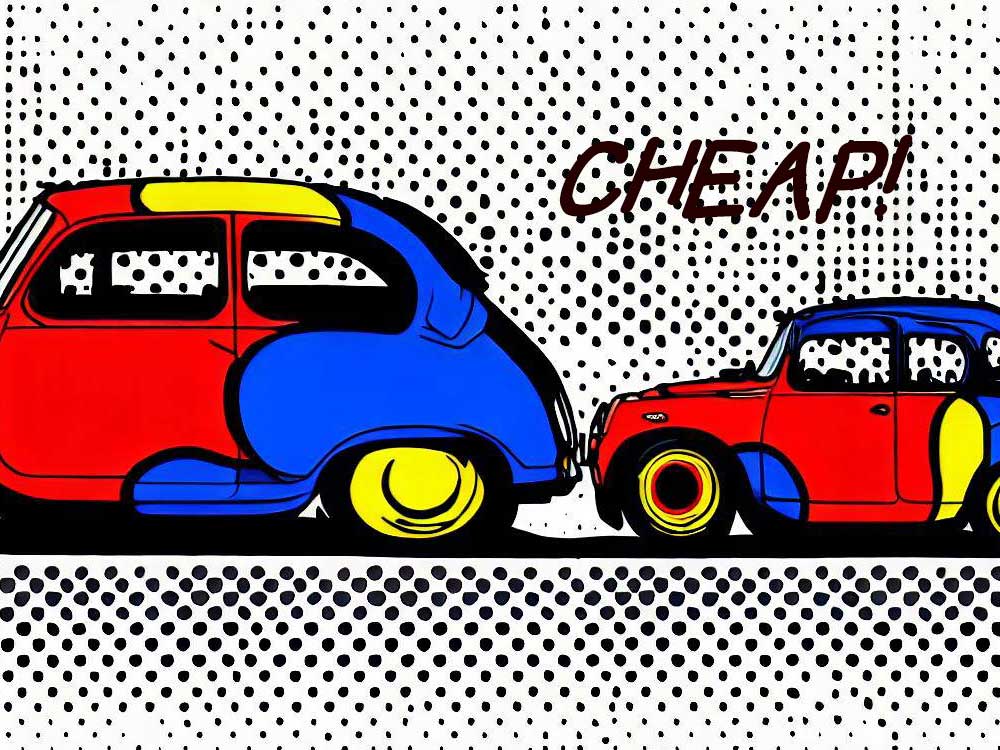Introduction
Black Box insurance: It’s aimed at making policies more personalised and affordable:
This innovative approach offers a lifeline to young and convicted drivers in search of affordable premiums.
Moreover, it promises a leap towards safer driving habits across the board.
But what exactly is black box insurance, and how does it stand to benefit or disadvantage UK drivers?
Curious yet?
This article dives deep into the intricacies of black box insurance.
Exploring its myriad benefits and notable drawbacks, it ensures you’re equipped with all the information needed to make an informed decision.
- Understanding Black Box Insurance
- Benefits for Young and Convicted Drivers
- Telematics
- Theft Deterrence and Claims Resolution
- Driving Feedback and Skills Improvement
Understanding Black Box Insurance
At its core, black box insurance, also known as telematics insurance, involves a small device installed in your vehicle.
This device meticulously records data on your driving behavior.
From the speed you maintain to the times of day you’re most active on the roads, it offers insurers a detailed glimpse into your habits.
The premise is simple yet effective.
Safer driving leads to lower insurance premiums.
Isn’t that something?
Benefits For Young And Convicted Drivers
For young drivers and those with convictions, securing affordable car insurance can often feel like navigating a minefield.
Enter black box insurance.
By focusing on actual driving behavior rather than statistical risk, black box policies offer a beacon of hope.
They provide a tangible way to prove responsible driving, potentially leading to significantly reduced premiums.
This approach not only democratizes access to affordable insurance but also encourages a safer driving environment.
Privacy And Control
In today’s digital age, privacy concerns are paramount.
Black box insurance walks a tightrope between collecting essential data and safeguarding individual privacy.
Users have a say in who views their driving information, offering a degree of control over their data.
However, the conversation around data privacy continues to evolve.
And it’s crucial for potential policyholders to understand the fine print regarding data usage and access.
Theft Deterrence And Claims Resolution
The tracking capabilities inherent in black box devices can serve as a potent theft deterrent.
Should the worst occur, the ability to trace the vehicle not only aids in recovery but also provides insurers with concrete data to expedite the claims process.
This feature adds an extra layer of security for drivers, giving them peace of mind in knowing that their vehicle is monitored around the clock.
Driving Feedback And Skills Improvement
One of the most compelling benefits of black box insurance is the feedback loop it creates.
Drivers receive actionable insights into their driving habits, from hard braking to swift acceleration.
This allows them to hone their skills on the road.
This not only has the potential to lower insurance costs over time but also contributes to a safer driving environment for all.
As we delve into the details of black box insurance, it becomes clear that this innovative approach offers numerous benefits.
These are tailored to enhance the driving experience while promoting safety and affordability.
Yet, as with any insurance product, it’s crucial to weigh these advantages against the potential drawbacks.
Ensuring the choice aligns with your individual needs and circumstances.
Let’s explore further, shall we?
Cons Of Black Box Insurance
However, it’s not all smooth sailing.
Black box insurance does come with its own set of drawbacks.
Firstly, some policies impose curfews, restricting driving at night.
This can be particularly inconvenient for those who rely on their vehicles during these hours.
Additionally, privacy concerns loom large.
The thought of being constantly monitored can be unsettling for many.
Moreover, there are upfront costs to consider.
The installation of the device may come with fees, and should it need repair, that’s an added expense.
Furthermore, the black box doesn’t differentiate between drivers.
This could unfairly impact premiums if multiple people drive the car.
Financial Implications
On the flip side, the financial benefits can be significant.
After proving safe driving, many find their insurance costs dramatically reduced.
Yet, it’s important to factor in the initial outlay for the device and any potential repair costs.
Thus, while black box insurance can lead to savings, it’s essential to weigh these against the initial expenses.
Making An Informed Decision
So, what should you do?
Deciding whether black box insurance is right for you requires careful consideration.
Think about your driving habits, privacy concerns, and financial situation.
Read more about making informed insurance choices.
Remember, the goal is to find a policy that offers the best balance of cost, coverage, and convenience.
Conclusion
In conclusion, black box insurance presents a compelling option for many UK drivers.
It’s especially attractive for those looking to prove their safe driving habits and potentially lower their premiums.
Yet, it’s crucial to approach this option with a full understanding of both its benefits and limitations.
Considering the privacy implications and the financial commitment required is essential.
For further insights and advice on car insurance options, explore our other articles:
- The 10 Cheapest Cars to Insure in 2023
- 5 Ways to Save Money on Car Insurance
- Is Multi-Car Insurance Cheaper in the UK?
Choosing the right car insurance is a significant decision.
Armed with the right information, you can make a choice that best suits your needs, ensuring peace of mind and financial savings in the long run.
Remember, the best insurance policy is one that provides the coverage you need at a price you can afford, while also encouraging safer driving habits.











